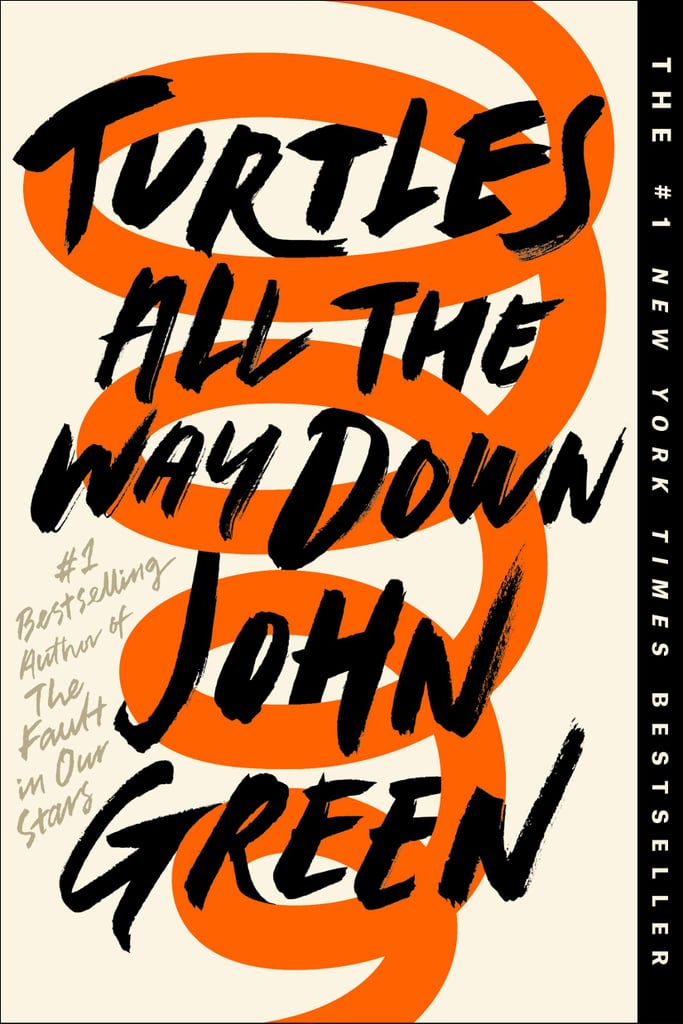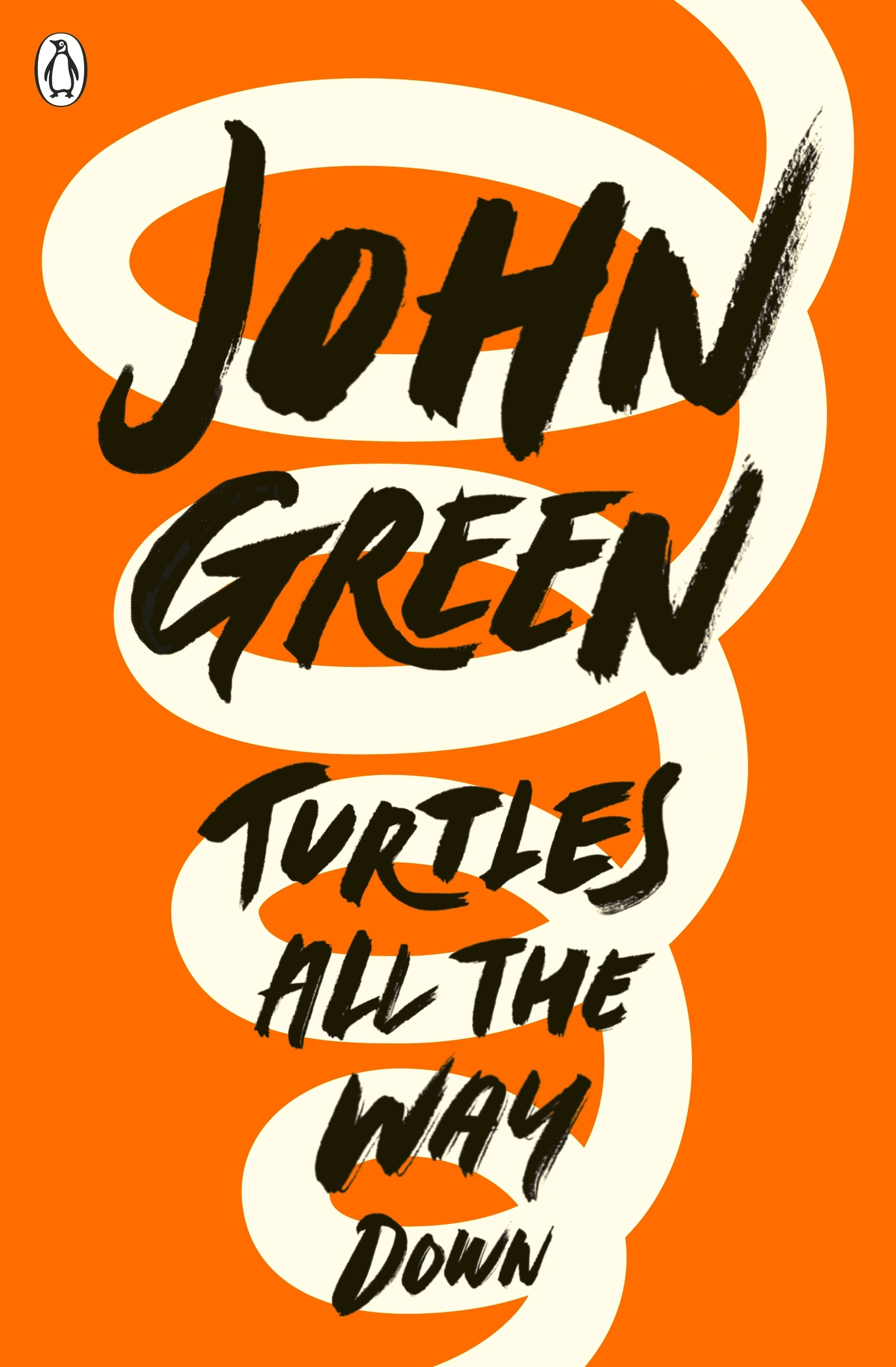


"that the Earth had nine corners, whereby it was borne up by the Heaven. Veiga's account seems to have been received by Samuel Purchas, who has a close paraphrase in his Purchas His Pilgrims (1613/1626), When asked who would fix the body of the tortoise, so that it would not collapse, he said that he did not know. Another disagreeing from these would have the earth supported by seven elephants, and the elephants do not sink down because their feet are fixed on a tortoise. Time and torment have produced a wound in the spot that she keeps covered with a Band-Aid, but in her restless terror of pathogens she feels compelled to reopen the injury again and again, to check for infection.Others hold that the earth has nine corners by which the heavens are supported. Not a bee, but the hive.” She has a doctor, and she’s on medication, but Aza also relieves her feelings by pressing her right thumbnail into the ball of her middle finger. Knowing that she carries them makes her feel filthy, colonized, even possessed: “Not a person so much as a swarm. Poor Aza is fixated and horrified by the thought that roughly half the cells in the human body consist of bacterial microbes. Green writes, inverting the line from Yeats.

Her morbid thoughts spiral inward, “turning and turning in the tightening gyre,” Mr. Anxiety and obsessive-compulsive disorder fill her mind with relentless, insidious questions about free will and agency. Sixteen-year-old Aza Holmes struggles with mental illness. Green shows the same writerly panache, but there is a bruised weariness in his principal characters that creates a more subdued experience for the reader. Green’s first since “The Fault in Our Stars” (2012), a work that enraptured adolescent readers and many adults, too, with its sensitive, stylish, heartbreaking portrait of a doomed love affair between two teens with cancer. This idea, so exhilarating to the poet, is a goad and a torment to the teenage narrator of John Green’s long-awaited young-adult novel “Turtles All the Way Down” (Dutton, 286 pages, $19.99). We are more than the span between our hats and our boots. When Walt Whitman wrote the words “I am large, I contain multitudes,” he was embracing a truism: Even the dullest among us have a multiplicity of selves.


 0 kommentar(er)
0 kommentar(er)
